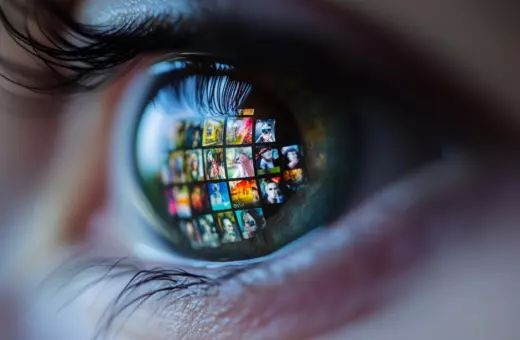Although there are ongoing debates and critiques around gender stereotypes, the world to date seems to be pretty comfortable with the idea of there being just two discrete biological sexes. But emerging evidence suggests this simple binary is nothing more than the result of a human need to organise our world into uncomplicated categories.
A core issue in this debate too often overlooked is the distinction between the definition of sex as opposed to the definition of gender.
Perhaps we want to limit the term ‘sex’ to fundamental biology – genes, genitals and gonads – and the term ‘gender’ to social processes. But it’s not so easy to separate the scientific and social context of these discussions.
Biological essentialism holds that social gender is driven by biological characteristics, to the extent that we need only use the term ‘sex’. On the other hand, discussions of gendered environments emphasise their powerful brain-changing effects, to the extent that gender has replaced sex as the catch all term.
In the recent IAI.tv debate The Rise and Fall of Sex, neuroscience appears the most prepared to tackle this distinction. Taking characteristics of both brain and behaviour that might be categorised as ‘typically female’ or ‘typically male’, Daphna Joel outlines powerful evidence that each of us is, in fact, a mosaic of different such characteristics, with very few of us describable as even predominantly male or predominantly female. A game changer in decades of debate about the existence of only two types of brain – male or female - she urges us to ‘think outside the box’, to go beyond the binary and acknowledge the uniqueness of each individual. There is no such thing as a female brain, there is no such thing as a male brain.
However, Joel is outnumbered. Sociologist Barry Barnes argues the categorisation arises from there being only two ‘labels’ available, but makes more play of the fact that we should be paying attention to the differential status that different sexes are given in society.
Psychologist Stuart Ritchie stays firmly with the binary message, emphasising structural differences in the brain and notes the differences in psychiatric disorders between females and males. His message is strongly that, if anything, the salience of the two sex categories in science should be increased, although he does echo Barnes in his concern that biological differences (given) shouldn’t be used as an excuse to treat people differently.
The fact that biological differences shouldn’t be used to justify social distinctions rather glosses over the fact that this is precisely how they are used.
These earnest urgings that biology should have no social meaning left me with the feeling of a missed opportunity. In this case a chance to challenge the continuing power of the biological essentialist approach, the whole ‘let boys be boys’ etc., argument.
The fact that biological differences shouldn’t be used to justify social distinctions rather glosses over the fact that this is precisely how they are used, despite powerful evidence emerging in the fields of cell biology, of endocrinology, of human physiology, that we human beings do not fall neatly into two clearly defined categories.















Join the conversation